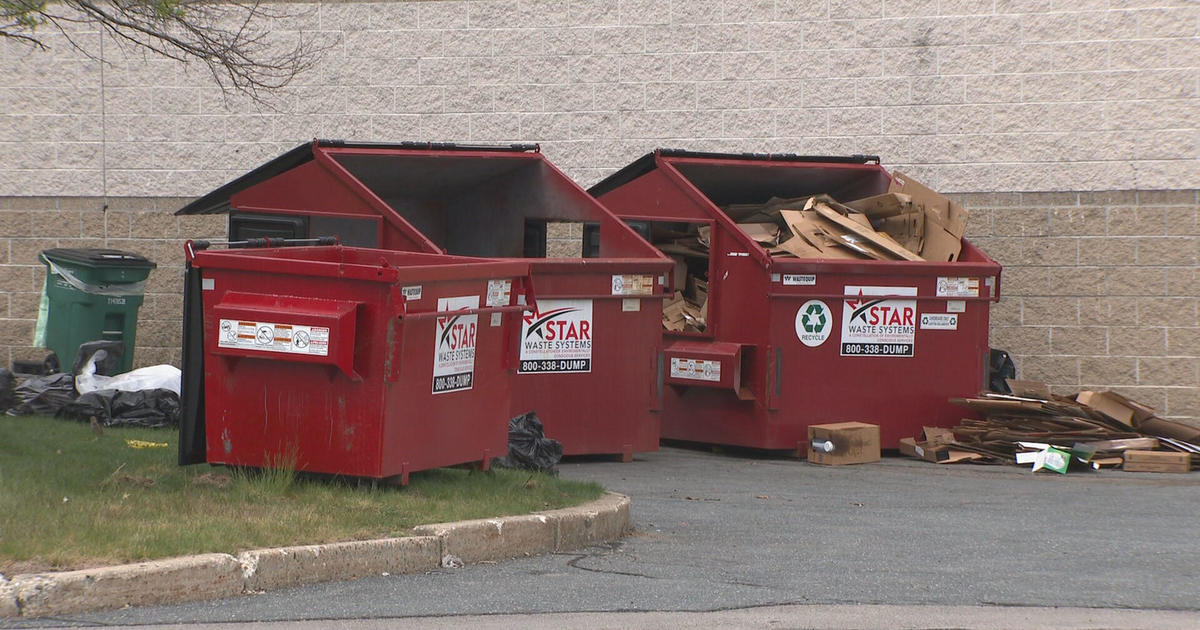Governor: Nothing Malicious Behind Rhode Island Beach Blast
PROVIDENCE, R.I. (AP) — Rhode Island Gov. Gina Raimondo said Tuesday that investigators have ruled out unlawful or malicious activity in a mysterious blast that knocked a beachgoer out of her chair into a jetty, and said they are still looking for the cause.
In a bid to put tourists at ease, Raimondo said she and her family had visited the beach where it happened and planned to go there again this weekend. She was asked at a news conference whether she would you put her chair in the exact spot where the woman was sitting before Saturday's blast.
"You know I think I would," Raimondo replied.
Raimondo said her only concern was that her children were swimming out too far.
With no evidence of an explosive device and few clues in the sand, investigators and scientists are wondering whether this was a bizarre case of nature acting up.
Among the theories that have been floated: estuary sediments spontaneously exploding, some kind of seismic event, or a methane explosion caused by decayed seaweed or other organic matter under the sand.
The blast at Salty Brine beach in Narragansett was so strong that Kathleen Danise was hurled from her beach chair near the water line and thrown against a rock jetty 10 feet away. Danise, 60, of Waterbury, Connecticut, suffered two fractured ribs and bruises, her family said.
Witnesses that morning said they heard a rumbling and loud bang that sounded like a large firecracker, a grenade or a gas explosion, and noticed a sulfur or butane smell.
The blast left behind a rift in the sand and little else.
In the days since then, investigators have knocked down many of the most obvious theories.
Police say there was no physical evidence of an explosion, such as charring or debris. Dogs and chemical swipes detected no explosive residue.
Officials also determined there was no natural gas line running underneath. A power line owned by the U.S. Coast Guard that ran under the jetty has been inactive for years.
No seismic activity was measured in the state on Saturday.
Several scientists said it was possible, albeit improbable, that methane could have caused it.
Rob Thieler, a marine and coastal geologist with the U.S. Geological Survey, said estuary sediments sometimes cause explosions when they decay. He said scientists have seen evidence of this phenomenon off the coast of Maine.
"The sea-floor surface looks like a golf ball, and these are presumably places where underlying methane produced by estuary sediment has violently escaped," Thieler said.
This type of explosion could happen spontaneously, he said, though having it happen on a sandy beach is rare.
Stephen Porder, associate professor of ecology and evolutionary biology at Brown University, said methane explosions typically happen in places like swamps or areas in the arctic that produce high levels of methane.
"I've never heard of a methane explosion on the beach," he said.
The governor said investigators were working hard to get to the bottom of it. She said state police had spoken with Danise as part of their investigation.
"I can understand that she's upset," Raimondo said. "I hope that over time, as time passes, she and other tourists will feel very comfortable to come back to Rhode Island."
Copyright 2015 The Associated Press. All rights reserved. This material may not be published, broadcast, rewritten or redistributed.



